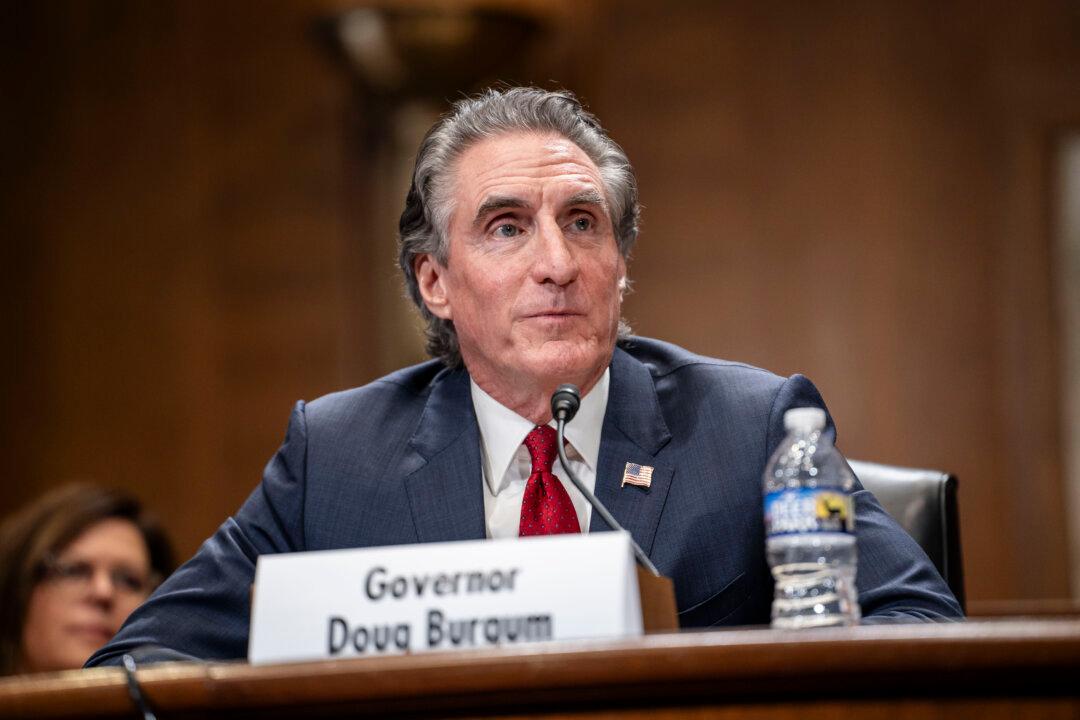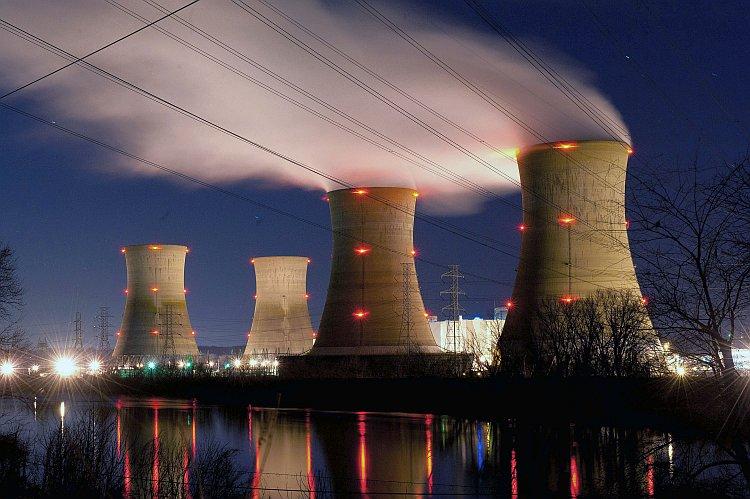Interior secretary nominee Doug Burgum told key senators on Jan. 16 that he’d be “aggressive” in opening public lands to oil and gas development in efforts to reverse an “imbalance” in federal leasing policy he said is short-circuiting the nation’s capacity to produce the base-load electricity needed to win “the AI race with China.”
“The thing we’re short of most right now is base load. We need more [energy]. We need an all-of-the-above strategy, but it has to be a balance,” he said during his three-hour nomination hearing before the Senate Energy and Natural Resources Committee.





